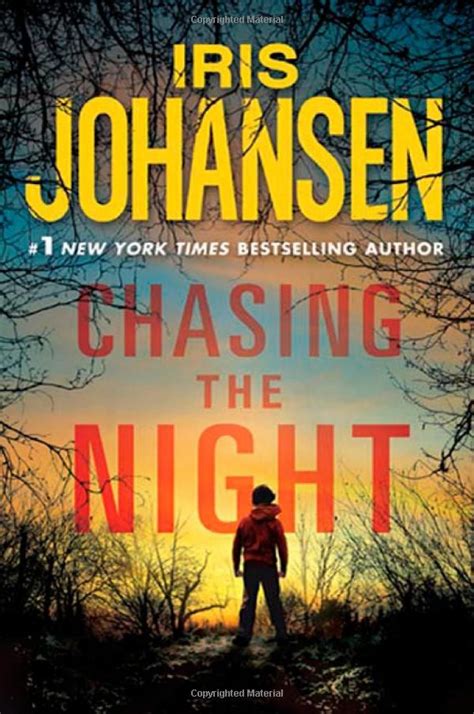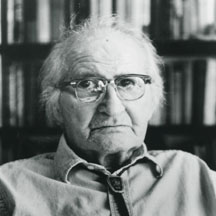A Quote by Ann Voskamp
It's the greatest compliment when the writer becomes invisible in the whole process.
Related Quotes
This is, if not a lifetime process, it's awfully close to it. The writer broadens, becomes deeper, becomes more observant, becomes more tempered, becomes much wiser over a period time passing. It is not something that is injected into him by a needle. It is not something that comes on a wave of flashing, explosive light one night and say, 'Huzzah! Eureka! I've got it!' and then proceeds to write the great American novel in eleven days. It doesn't work that way. It's a long, tedious, tough, frustrating process, but never, ever be put aside by the fact that it's hard.
Who doesn't love a compliment? But every compliment comes with a warning: Beware—Do Not Overuse. Go ahead, sniff your compliment. Take a little sip. But don't chew, don't swallow. If you do, you risk abandoning the good work that inspired the compliment in the first place. If that happens, maybe it was the compliment and not the job well done that you were aiming for all along.
Detach the writer from the milieu where he has experienced his greatest sense of belonging, and you have created a discontinuity within his personality, a short circuit in his identity. The result is his originality, his creativity comes to an end. He becomes the one-book novelist or the one-trilogy writer.
I always wanted to write a book about a common food that becomes a commercial commodity and therefore becomes economically important and therefore becomes politically important and culturally important. That whole process is very interesting to me. And salt seemed to me the best example of that, partly because it's universal.



































